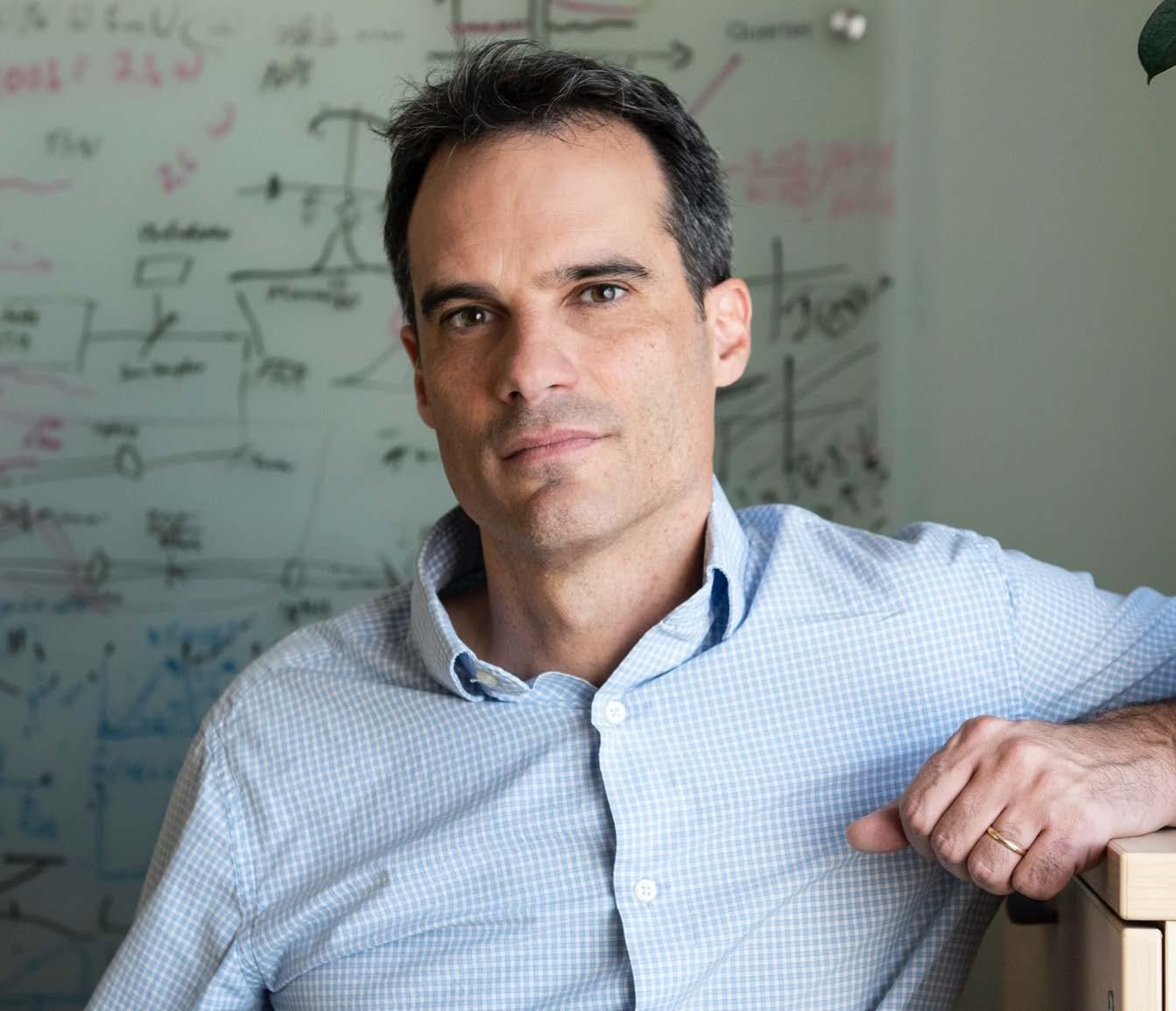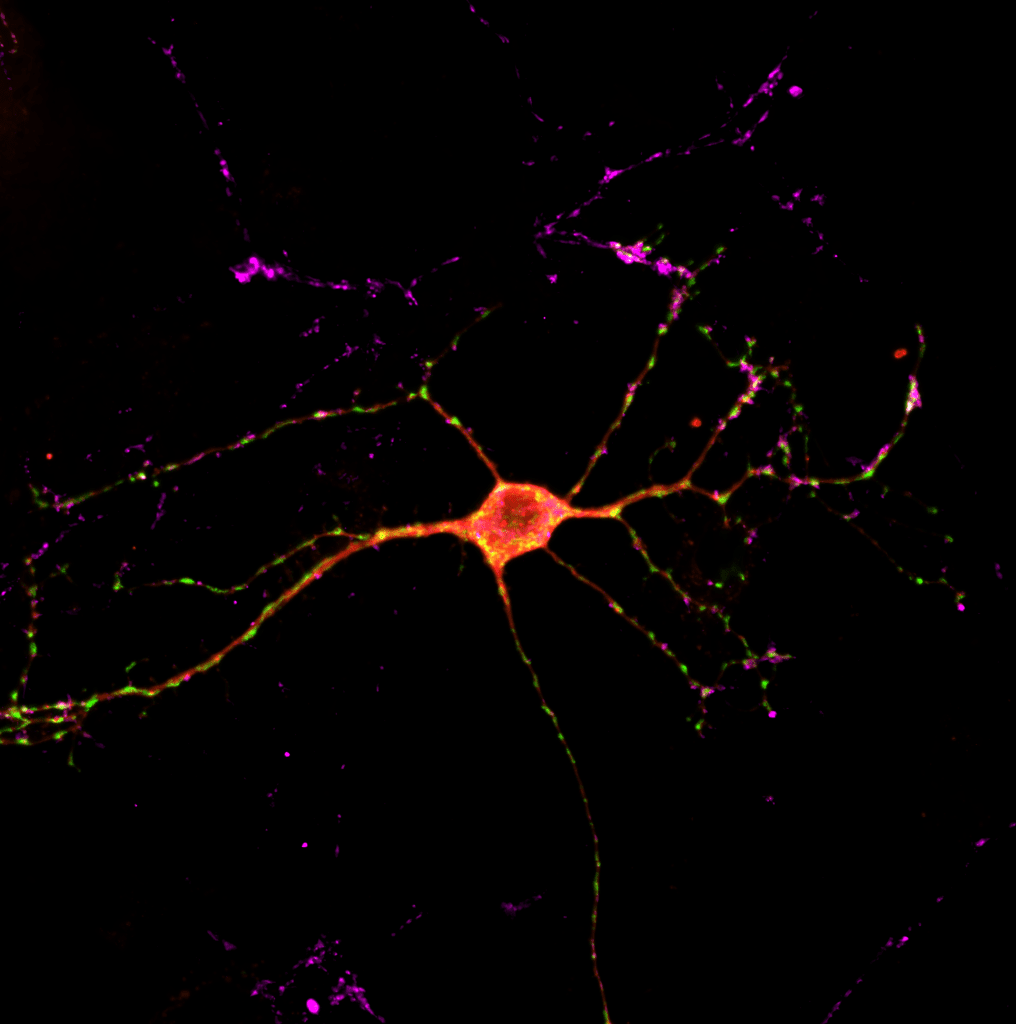Reference # C1-250507
Faculty of Medicine and Health Sciences – Department of Psychiatry and the Douglas Research Centre
Position description
The McGill University Department of Psychiatry, in collaboration with the Douglas Research Centre (DRC) in the Faculty of Medicine and Health Sciences, invites applications for a full-time Contract Academic Staff position at the rank of Assistant Professor (Research) in Artificial Intelligence in Psychiatry (language and data science). The professorial rank will be determined according to the candidate’s qualifications and experience. This will be a three-year (renewable) appointment and does not confer eligibility for tenure. The role includes establishing an independent research program and supervising students.
The McGill University Department of Psychiatry has a rich history of scientific innovation with sustained expertise in psychotherapy, substance abuse research, psychoneuroendocrinology, psychoimmunology, genetics, epigenetics, advanced brain imaging, and computational and digital psychiatry. It remains a global leader in integrating cutting-edge science with clinical practice to train future psychiatric researchers and clinicians.
With over 55 researchers spanning a full range of mental health research (i.e., neuroscience, clinical services, policy, and epidemiology/population health), the Douglas Research Centre (DRC) has been an international leader in mental health research for more than 40 years. The DRC has been at the forefront of pioneering innovative methods in the field of psychiatry, including computational and digital psychiatry, (digital) biomarkers, and the use of novel methods and data for assessing mental health. The DRC has a strong history of advancing interdisciplinary research programs, leveraging interdisciplinary approaches to better understand psychiatric disorders and translate these insights into clinical practice. The Centre of Excellence in Youth Mental Health, to which the holder of this post will be affiliated with, is a unique initiative that combines multiple disciplines of research and training for the service of youth facing mental health challenges.
McGill University is one of Canada’s leading research-intensive universities, with students from over 140 countries. The university is located in Montreal, a cosmopolitan city with great cultural and linguistic diversity. It has long been considered a leader in neuroscience and a strong innovator in methods that support a wide spectrum of basic and clinical research endeavours. The university’s strong training programs in Biological and Biomedical Engineering, Psychiatry, and Quantitative Life Sciences as well as the Integrated Program in Neuroscience favour the development of strong multidisciplinary research teams.
Job Duties
The successful candidate will be involved in the academic activities of the McGill University Department of Psychiatry in the Faculty of Medicine and Health Sciences. The incumbent will be expected to have a track record in computational psychiatry, with expertise in natural language processing (NLP), computational linguistics, machine learning, and/or artificial intelligence methods. Scientists from any discipline, but with a focus on speech and language analysis, NLP-derived biomarkers, and computational modeling across psychiatric populations are especially encouraged to apply. Experience in either neuroimaging or longitudinal studies in early intervention is desirable. The successful candidate will be expected to actively interface and interact with other research programs, such as speech banks and cognitive neuroscience projects within the Douglas Research Centre, McGill University, and associated institutions. The incumbent will focus on two pillars of academic work. They will be expected to establish an independent research program and supervise students. The successful candidate will also be expected to conduct rigorous cutting-edge research, therefore augmenting the existing efforts of the Douglas Research Centre. The incumbent will be expected to develop a fundamental, disease-relevant research program in their own areas of expertise, aligned with the strategic priorities of the Douglas Research Centre and the McGill University Department of Psychiatry. The successful candidate will be expected to independently acquire funds to support the training of graduate students at the M.Sc. and Ph.D. level. The incumbent will also be expected to disseminate research findings through peer-reviewed publications and other knowledge translation and exchange activities, participate and be actively involved in the academic activities of the Douglas Research Centre and McGill’s academic mission, demonstrating a strong commitment to equity, diversity, and inclusion in all areas. The successful candidate will also be expected to be actively involved in relevant aspects of McGill’s academic mission (e.g., research, supervision of students and residents, and involvement in academic and administrative committees). McGill faculty members are expected to contribute to service activities within their units, the University, and the wider scholarly community. A demonstrated commitment to equity, diversity, and inclusion is also expected.
Qualifications and Education Requirements
Candidates must:
- Have a Ph.D. in Computational Psychiatry, Computational Linguistics, Computer Science, Cognitive Neuroscience, or a related field;
- Have completed advanced postdoctoral training;
- Demonstrate excellent research productivity and the ability to attract competitive funding;
- Demonstrate experience or significant potential in developing clinical prediction models, digital biomarkers, or computational language-based methods relevant to psychiatric populations;
- Demonstrate a commitment to, and in accordance with circumstances, a track record in equity, diversity, and inclusion (EDI);
- Fluency in English is essential; a working knowledge of French, or a commitment to acquiring it within few years of appointment is preferred.
Note: For more information about the eligibility for promotion and reappointment, please consult the following link: https://www.mcgill.ca/apo/academic-life-cycle/contract-academic-staff-cas/ranked-cas
Faculty/Department/Unit: Faculty of Medicine and Health Sciences, Department of Psychiatry
Employee Type: Contract Academic Staff (‘Academic Contractual’) Rank: Assistant Professor (Research)
Salary: Salary will be commensurate with qualifications and experience
Job Status: Full-time
Posting Period: 30 Days from posting
The following supporting documents are required:
- Cover letter and curriculum vitae;
- Statement of research interests and goals;
- Statement of teaching philosophy;
- Names and contact information of three referees.
Use a personal email address when creating an account in Workday to submit your application. Do not use @mail.mcgill.ca or @mcgill.ca email accounts to apply.
McGill University is an English-language university where most teaching and research activities are conducted in the English language, thereby requiring English communication both verbally and in writing.
Applications must be submitted on-line at: https://mcgill.wd3.myworkdayjobs.com/en-US/McGill_Careers/job/Douglas-Hosp-Burland/Assistant-Professor–Research—Department-of-Psychiatry–Artificial-Intelligence-in-Psychiatry—C1-250507-_JR0000066007
McGill University is committed to equity and diversity within its community and values academic rigour and excellence. We welcome and encourage applications from racialized persons/visible minorities, women, Indigenous persons, persons with disabilities, ethnic minorities, and persons of minority sexual orientations and gender identities, as well as from all qualified candidates with the skills and knowledge to engage productively with diverse communities.
At McGill, research that reflects diverse intellectual traditions, methodologies, and modes of dissemination and translation is valued and encouraged. Candidates are invited to demonstrate their research impact both within and across academic disciplines and in other sectors, such as government, communities, or industry.
McGill further recognizes and fairly considers the impact of leaves (e.g., family care or health-related) that may contribute to career interruptions or slowdowns. Candidates are encouraged to signal any leave that affected productivity, or that may have had an effect on their career path. This information will be considered to ensure the equitable assessment of the candidate’s record.
McGill implements an employment equity program and encourages members of designated equity groups to self-identify. It further seeks to ensure the equitable treatment and full inclusion of persons with disabilities by striving for the implementation of universal design principles transversally, across all facets of the University community, and through accommodation policies and procedures. Persons with
disabilities who anticipate needing accommodations for any part of the application process may contact, in confidence, accessibilityrequest.hr@mcgill.ca.
All qualified applicants are encouraged to apply; however, in accordance with Canadian immigration requirements, Canadians and permanent residents will be given priority.
Download a PDF version of this advertisement:









